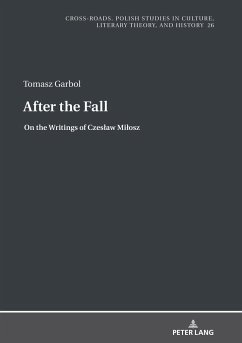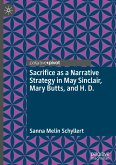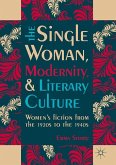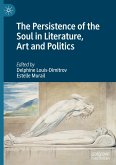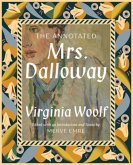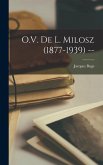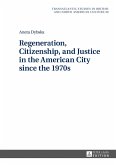Tomasz Garbol's book reconstructs Czeslaw Milosz's poetic vision of the world after the Fall. The entry point to this approach is the conviction about the ambivalence of previous interpretations of Milosz's works, especially about his bipolar poetic worldview (his intellectual and existential division between pessimism and ecstasy) and his understanding of the consequences of the Fall (reversible or fatalistic). The book is a literary studies take on the relationship between literature and religion. The main direction is that Milosz's main need in art comes from his yearning for contact with the meaning of reality, which he seeks in the activity of poetic imagination.
Bitte wählen Sie Ihr Anliegen aus.
Rechnungen
Retourenschein anfordern
Bestellstatus
Storno

